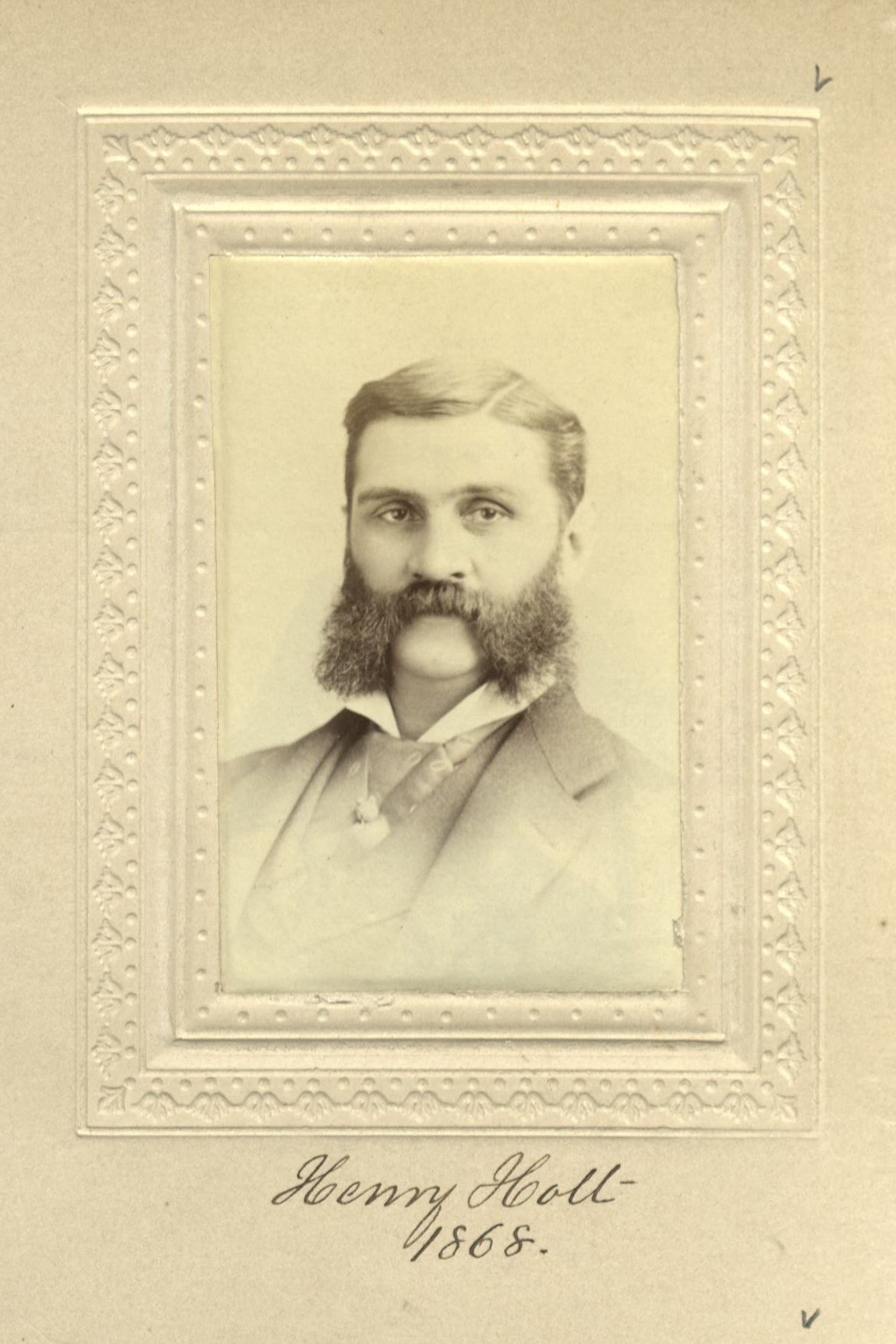Member Directory,
1847 - 1922
Charles W. Colby
Professor
Centurion, 1919–1955
Charles D. Hazen and Henry Holt
Stanstead, Quebec, Canada
Montreal, Quebec, Canada
Age fifty-two
Stanstead, Quebec, Canada

Century Memorial
Charles W. Colby graduated from McGill University and took the A.M. at Harvard in 1889 and the Ph.D. in 1890. He was born and raised in Canada and lived most of his life at Montreal, except for some ten years he spent in New York. In 1917 his father died. Colby, then fifty years old, was head of the history department at McGill and probably the most learned man in the world concerning the early history of Canada.
He secured a year’s leave from the University to attend to the winding-up of his father’s affairs; but he found it would take much longer than that, so he resigned his history chair and plunged into business. He took various items in his father’s estate and developed them into going and profitable concerns, notably the Noiseless Typewriter Company, which he, single-handed, nursed into an exceedingly successful enterprise, selling it eventually to Remington Rand. This made him quite rich, but it tied him close to commerce and he never got back to teaching.
Colby had a gay and glamorous life. He lived at Montreal, where he was revered as a most remarkably learned man and one of the first citizens of the place; but he found it necessary to come frequently to New York to attend meetings, and these trips always included looking up old friends and cronies and visiting with them, unmindful of the pressures of time and tide. Twice he was invited to be the Principal of McGill (he was long one of the Board of Governors), but he would not accept, saying that he preferred to be a professor emeritus rather than an administrator in educational circles. He was a true son of the Eastern Townships, whose people combine the sturdy qualities of New England with rugged and indomitable Canadianism. He kept the flavor of the international boundary, and he contributed more Canadian members to the Club than everyone else combined.
His vigor, to the end of his eighty-eight years, was a matter of astonishment to his juniors, and he was never alarmed by the proposals or the performance of younger men.
George W. Martin
1956 Century Association Yearbook


